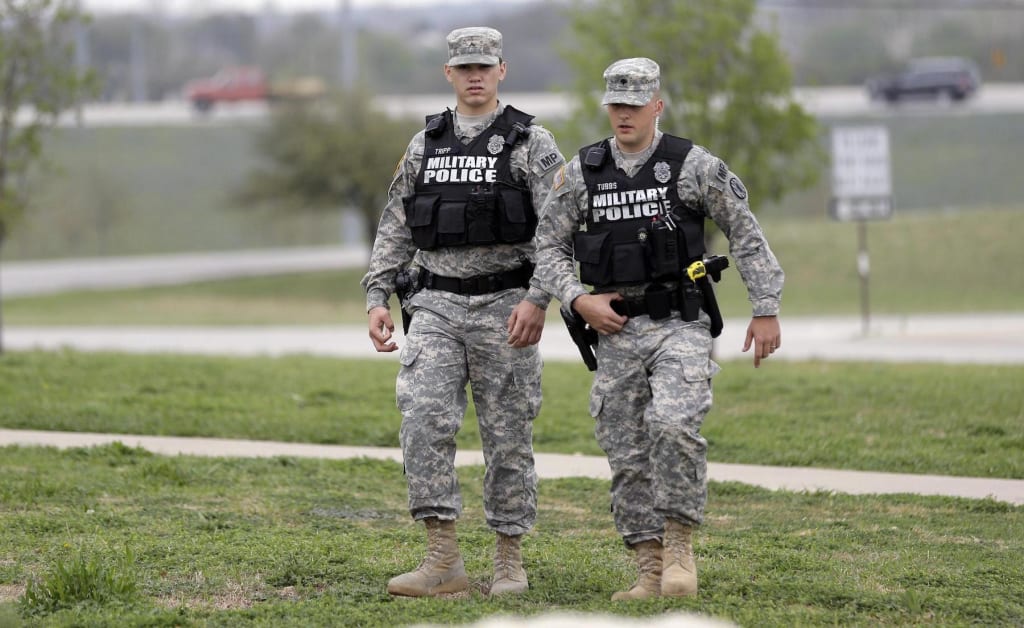
The Corona virus pandemic
has created massive changes in our society. It has impacted the way we live,
work, and interact with one another, and the scary part is that we haven’t
reached the peak of this virus yet. To stop the spread and “flatten the curve,”
especially in hot-spots such as New York, California, and Washington, the Trump
administration issued an order to activate the National Guard these places. Few
weeks later, Governors from the remaining 47 states as well as the Mayor of DC
called their national guards in addition to thousands of active duty personnel
and reservists. All in all, as of last week, there were nearly 13000 thousand National
Guards personnel activated to help in the relief efforts. Presently, the military
role is minor, but I anticipate a greater participation in medical efforts,
supply chain, and even law enforcement to contain and stop the spread of
covid-19.
Because of the strong organization
skills and discipline, the military can provide manpower, organization, and
logistics quicker than any organization. They can clean and disinfect common
areas or medical facilities, screen and in-process patients at understaffed
hospitals, stock shelves if supply chains break down, or support medical
personnel and local police if requested. As announced by the DOD, military
laboratories and hospital ships will be deployed to help California and New York
as their hospital systems are overrun and severely understaffed.
Moreover, not only can they help but
also there’s a possibility they could collaborate with local police to enforce
mandatory quarantine and stay-at-home orders if the president ever instituted
one. Many countries
that have seen progress in containing the spread of the virus (Russian, South
Korea) did so by instituting and enforcing nationwide strict stay-at-home
and/or curfew orders. If similar measures are taken in the US, I doubt that local
police officers alone could enforce them. Obviously, the military cannot be expected
to lead the effort, but I think they should be part of the equation as they possess
speed and capacity – two things that critical in a pandemic fight. For example,
in the past three weeks alone, the National Guard has
mobilized more personnel for the covid-19 response than are on the Federal
Emergency Management Agency’s entire payroll. As the virus spreads and manpower
needs increase, the improbable military involvement might be the last resort.
Despite the obvious benefit of
military involvement, there are also many downsides. As many critics have
pointed, military men and women are trained as police, and thus might find
themselves in situation citizens’ rights are violated or in situation where
they are unsure what kind of force to use. Nevertheless, though improbable, we
must prepare ourselves for a similar as it’s been done before and may as well
happen again.
Source: Washington Post & NY Times




No comments:
Post a Comment